What's with the bank account?
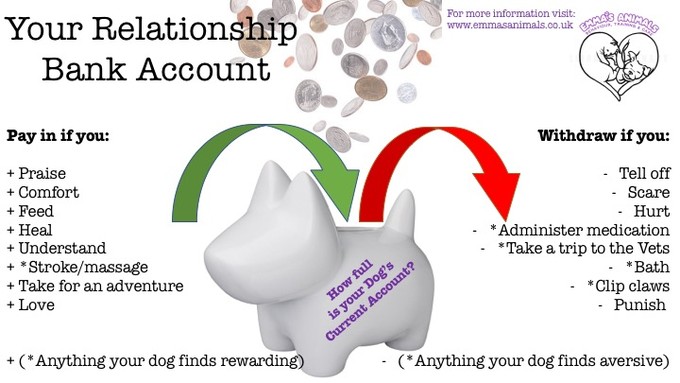
Credit:www.emmasanimals.co.uk
I ask this question partly because of the time of year; some of us are wondering how to pay rent, given recent seasonal expenses. A few weeks ago a financial wiz on CBC radio told hapless holiday shoppers that Christmas budgets should be drawn up in April or May. It made me feel good. Not because I was right on schedule. Nope. Because I felt a strange kinship with this guy: like many a dog trainer, he was offering sound but wildly unrealistic advice. Animal experts and bean counters, whistling in the wind.
And dog trainers offer advice about bank accounts, too. The 'relationship bank account' — you may have come across the metaphor. For those of you who have noticed I avoid the word 'owner', it won't come as a huge surprise that a bank account is not my favourite way to think about human-canine connections. I get to worrying my dogs are wage slaves, and lament their inability to unionize.
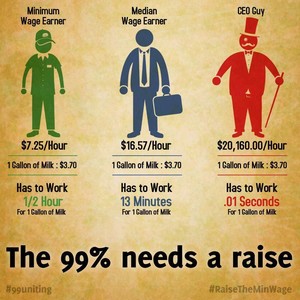
Dogs are missing from this graphic.
Still, the bank account framework has a few things going for it. For one thing, it displaces the previously dominant (and more odious) metaphor, that of the human master, entitled to canine obedience and adulation, thanks to our self-assessed, superior position in the food chain and cosmos. You know, the pack leader thing. Ick.
And the bank account foregrounds the idea of relationship, so that's promising. It encourages us to pay attention to what our dogs find frustrating, what fun, and to aim for more of the latter than the former.
I'm not sure where the idea of the relationship bank account originated, but it may have been inevitable, given animal trainers' fondness for financial cliches. Enter almost any puppy classroom and you'll hear phrases like 'learn to earn', 'nothing in life is free', and 'there's no free lunch'. Sometimes the emphasis is on how the dog must earn their reward/reinforcement, sometimes on how the human must pay up, doling out the much deserved doggie salary. Either way, the suggestion is that the relationship is a transactional one. Thus the bank account.
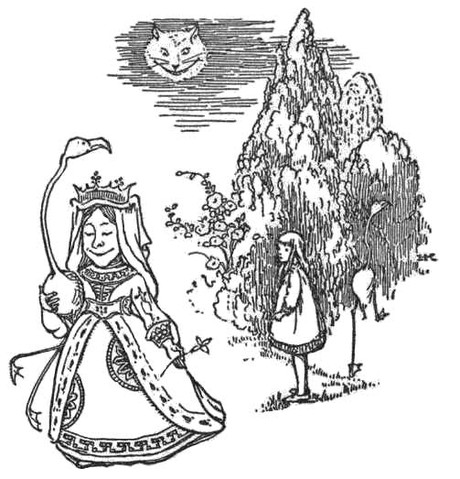
The old metaphor: Queen of all she surveys.
The model may be a little misleading, though. Notice how, in the illustration below, the deposit and withdrawal columns are equal in size. But research (into human beings, anyway) suggests that we need 5 positive interactions to every one negative to sustain a relationship. Probably with most dogs the deposits need to both outnumber and outweigh the withdrawals. For instance, I've noticed no matter how large my previous deposits in my small dog Pushkin's account, when I accidentally step on and smush her, I'm in the deficit dog house. And what about when we miscalculate, thinking there should be more in the account than there is? Bank tellers can tell you about ugly "you owe me" confrontations. So the diagrams could definitely use an explanatory footnote or two.
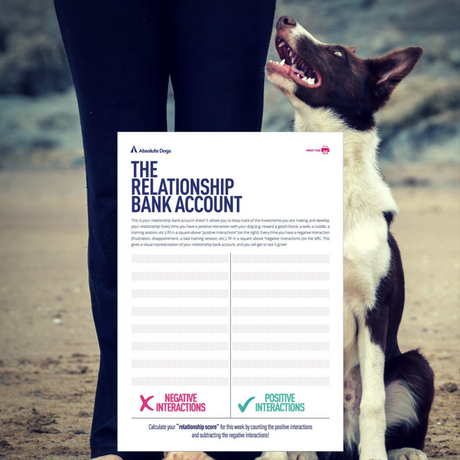
Credit: https://absolute-dogs.com/
The final wrinkle in the scenario: it's us, not the dogs, who keep the books. So without an external audit, it's tough to be sure whether the relationship is in good standing.
In fact, if we're going to insist on financial lingo, I'm not sure we've got it right. My relationship with dogs seems more like the stock market than a bank account: prone to turbulence, sometimes appearing to behave rationally, sometimes unpredictably. The market does occasionally crash and, to channel my inner Yogi Berra, you can only see it coming in hindsight. (That's why good trainers don't offer guaranteed outcomes.)
Of course we could trash this financial talk altogether, or at least stand it on its head. That's what trainer Kathy Sdao does in her book Plenty in Life is Free: Reflections on Dogs, Training and Finding Grace. She asserts that "successful animal training can be rooted in cooperative partnerships, shared joy, and genuine love." If that's a little too rainbows-and-unicorns for you, especially compared to an accounting system, rest assured that she offers up concrete guidelines. And since we're on a tallying roll, I'll pass along one of her accounting type tips: reward your dog 50 times a day, whenever s/he's doing something useful or cute. See what changes in your relationship. (She does offer some caveats, so read the book before meting out the 50 treats).
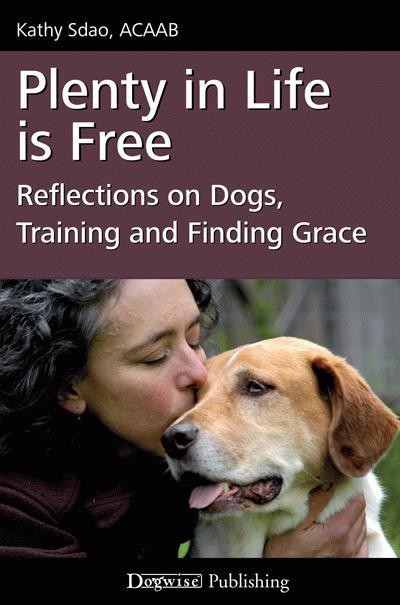
I don't use either the entitled pack leader metaphor or the bean counter/ bank account one (especially not when the bean counter wants me to plan for Christmas in May). As with most people with pets, the vibe is more member-of-the-family than coworker-in-the-family-business. When I'm in the mood to reflect on or to assess my relationship with the dogs, I like to think in terms of 'relationship vitality': how much zest for life, and life force in general, are we generating? And instead of an account, I picture a shared fuel tank, powered by my behaviour and the dogs', and by a solar panel or two as well. If we sometimes run low, no one's to blame for the clouds. Interdependent, sustainable and sustaining, not completely predictable. That pretty much sums it up for me.